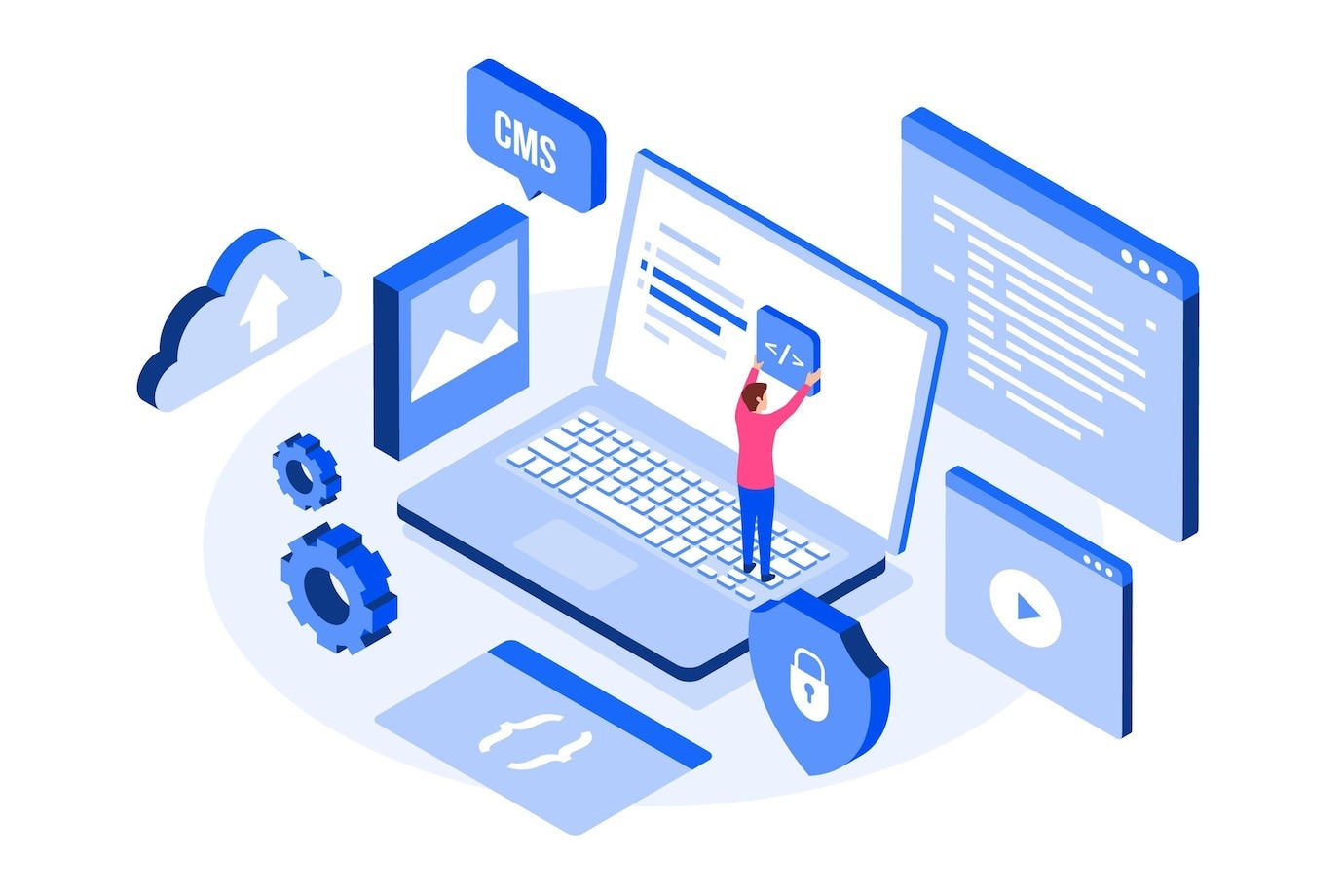What is an ESG Analysis Tool?
An ESG Analysis Tool is a digital software or platform that helps companies measure how well they are doing in three important areas—Environmental, Social, and Governance. These three areas together are called ESG.
-
Environmental means how a company impacts the planet.
-
Social means how a company treats people—employees, customers, and communities.
-
Governance means how a company is managed, including rules, fairness, and transparency.
Companies use ESG Analysis Tools to collect data, measure performance, and improve their actions in these areas. It helps them become more responsible and trustworthy.
Why ESG Matters Today
People today care more about how businesses affect the world. Customers want eco-friendly products. Investors want to support responsible companies. Governments are making new rules about pollution and worker safety.
Because of all this, companies must track their ESG performance. That’s where an ESG Analysis Tool becomes very useful.
Key Features of an ESG Analysis Tool
Most ESG tools have smart features that help businesses collect and understand important data. Here are some common features:
1. Data Collection
These tools can gather data from many sources—company reports, supplier records, and energy bills. Some even connect with machines or software already in use.
2. Performance Score
The tool gives a score or rating based on how the company is doing in ESG areas. This makes it easier to know where to improve.
3. Risk Management
The tool helps companies see risks. For example, using too much water or producing too much carbon can hurt the company’s reputation. The tool shows where the problems are.
4. Reporting
Companies must share ESG reports with investors, customers, or governments. ESG tools create reports that are easy to read and meet global standards.
How It Helps the Environment
One of the most important parts of ESG is the “E” for Environmental. The ESG Analysis Tool can help a company:
-
Measure carbon emissions.
-
Track energy use and find ways to save.
-
Reduce water use and waste.
-
Use eco-friendly materials.
By using the tool, companies can see where they are polluting or wasting resources—and fix it. This helps protect nature and the climate.
Benefits of Using an ESG Analysis Tool
Here’s how companies benefit when they use ESG tools:
1. Save Money
Many companies waste energy or resources without even knowing it. The tool helps find these issues so they can cut costs.
2. Better Reputation
When companies act responsibly, people trust them more. This can attract more customers and even employees.
3. Attract Investors
Many investors want to put money in companies that care about ESG. With good ESG scores, companies can get more funding.
4. Follow Rules
Governments are now asking companies to follow strict environmental laws. The tool helps them stay within the rules and avoid fines.
Who Uses ESG Analysis Tools?
Many types of businesses use ESG tools, including:
-
Big companies in manufacturing and construction
-
Financial companies and banks
-
Tech companies
-
Retail chains
-
Small businesses that want to grow responsibly
Even schools, hospitals, and government offices are starting to use ESG tools.
ESG Analysis Tool vs Manual Tracking
Before these tools were available, companies used paper and spreadsheets to track ESG data. That was slow and often full of mistakes.
Today, an ESG Analysis Tool does the hard work automatically. It saves time, is more accurate, and gives better results. This makes it easier for companies to take real action.
Example: How a Clothing Company Can Use It
Imagine a clothing company that wants to go green. They use an ESG Analysis Tool to check:
-
How much water they use in making clothes
-
Where their cotton comes from
-
How they treat workers in factories
-
How much energy is used in shipping products
The tool gives them a score and tips on how to improve. They may switch to organic cotton, use solar energy, or pay fair wages. This helps the company become more ethical and eco-friendly.
Choosing the Right ESG Analysis Tool
Not all tools are the same. Here’s what companies should look for:
-
Easy to Use: It should have a simple dashboard and clear reports.
-
Customizable: The tool should work for the specific needs of the business.
-
Real-Time Data: It should update regularly with the latest info.
-
Trusted: The tool should meet global ESG standards and be used by other well-known companies.
The Future of ESG Tools
ESG tools are growing smarter. Many now use artificial intelligence (AI) and machine learning. These technologies help predict risks, make better decisions, and automate tasks.
In the future, more businesses will need to prove their ESG efforts. These tools will become even more important.
Final Thoughts
The ESG Analysis Tool is no longer just an extra thing for businesses. It has become a must-have. It helps companies care for the environment, treat people well, and follow good rules of management.
By using this tool, businesses not only protect the planet—they also grow stronger and win the trust of people. A better world and better business go hand in hand.









